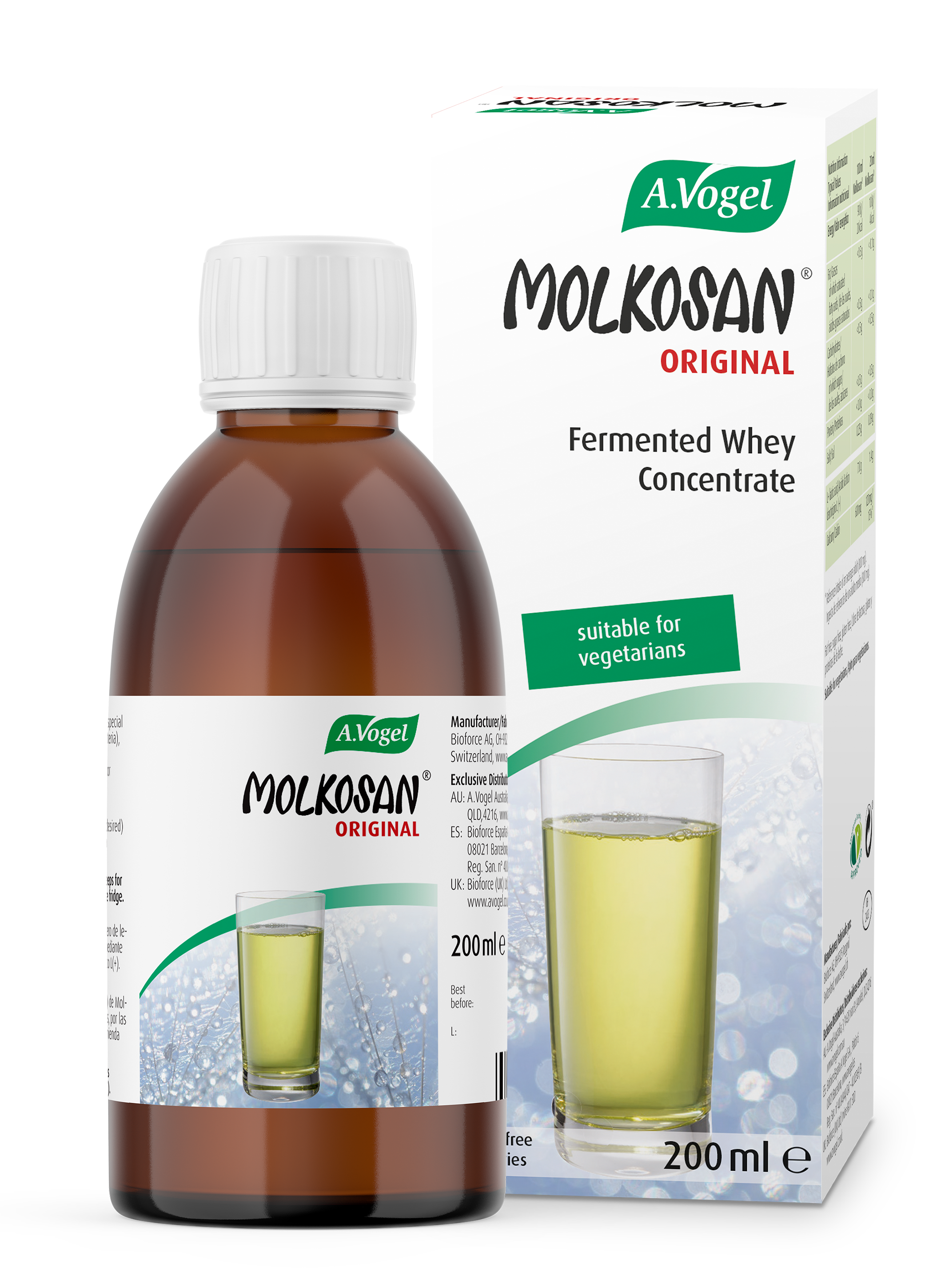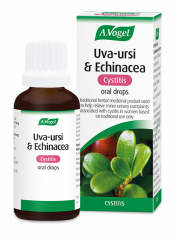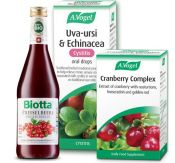Why is there a risk?
Food poisoning and cystitis both have something in common – bad bacteria. If bacteria are left to their own devices they will thrive and spread like wildfire. Bacteria is everywhere, there’s no hiding from it, but if we adopt poor hygiene practices or cooking skills then it can more easily infect us and make us really quite ill as a result.
Now, unfortunately it looks like there could be some links between certain meat products (and the bacteria they often harvest) and infections such as cystitis. Chicken and turkey, for example, have been found to be at risk of being contaminated with E. coli bacteria, which includes one of the most common strains of bacteria involved in cystitis infections.
One study1 found that people infected with cystitis tested positive for the same strains of e-coli found on contaminated meat. Worryingly still, these particular strains of bacteria have been found to be the most resistant to antibiotics2 and therefore much harder to treat if we were to become infected, plus, they also add to the threat of antibiotic resistance for the future.
Now, although both studies1,2 were based in America, the results do potentially show a link that could exist elsewhere – some food for thought perhaps.
Handling vs. cooking...
Now, something else to consider, quite alarmingly, research has also shown that volunteers who only handled chicken, rather than eat it, still managed to become infected with harmful bacteria3. This suggests that this transfer of bacteria can occur even without actually eating meat, so good hygiene practices really need to be top of mind when handling food in the kitchen.
Then, when it comes to cooking, does the bacteria die when we cook our meat? Cooking meat thoroughly does help destroy bad bacteria, so this is important, especially if we are cooking larger joints of meat or those still on the bone.
Are there any other risk factors involved?
So, if we ingest contaminated food we can fall ill. However, depending on the type of bacteria and the quantity consumed, will determine how exactly this affects us. But interestingly, other individual factors may also have an impact – some good, strong stomach acid and a healthy gut flora can help to keep symptoms under control, and will also assist in the recovery process if we were to eat become infected.
Nowadays, many of us are thought to be at risk of having too little stomach acid – our age, stress and different medications can all have an influence over this. We need sufficient stomach acid in order to break down the food we eat, assist in the absorption of essential nutrients, but also to keep bad bacteria at bay.
Then, levels of good bacteria throughout our digestive system are also very important. Good gut bacteria helps keep the bad guys under control. See, we naturally have some e-coli in our bodies already, and this isn’t necessarily a threat, but the key is keeping those levels under control.
How can I prevent it?
As before, bad bacteria is literally everywhere, it’s even already present throughout our bodies and this is natural! So we aren’t able to, or wouldn’t want to, eradicate it completely, but the key is keeping the levels in check so we don’t experience adverse symptoms. Some of my top tips for achieving this include the following:
- Consider how much meat you eat! – We know that meat, fish and dairy products generally put as at more at risk of food poisoning than many plant-based foods. So, for more reasons than one, you might want to try experimenting with some more veggie-based dinner options. I’m all for variety and too many of us are stuck in a rut of eating the same dinners night after night. For other dietary tips when it comes to cystitis, click this link.
- Go organic – If possible, my advice is to go organic. Antibiotics aren’t involved at any stage of the production of organic meat which means you won’t be contributing to the threat of antibiotic resistance
- Re-evaluate hygiene practices – Although people assume they know how to handle meat safely, we know, in reality, this just often isn’t the case. First things first, don’t wash the meat. This could send contaminated splashes flying into nearby areas, so best avoided. Next, keep raw meat covered and separate from other food stuffs, and don’t reuse chopping boards or utensils which have touched the meat – wash them immediately. Of course, also remember to wash your hands thoroughly too
- Support your stomach and gut – As above, supporting your stomach and your gut will give you a fighting chance of keeping bad bacteria at bay. Supporting your stomach with digestive bitters can help give your stomach acid some extra support, and using a prebiotic such as Molkosan helps to gently support the internal gut environment.
1. Bergeron CR, Prussing C and Boerlin P et al. Chicken as reservoir for extraintestinal pathogenic Escherichia coli in humans, Canada. Emerg Infect Dis, 2012, 18(3), (415-421)
2. Sheikh AA, Checkley S and Avery B at al. Antimicrobial resistance and restance genes in Escherichia coli isolated from retail meat purchased in Alberta, Canada. Foodborne pathogens and disease, 2012, 9(7), (625-631)
3. Linton AH, Howe K and Bennett PM et al. The colonization of the human gut by antibiotic resistant Escherichia coli from chickens. Journal of applied bacteriology, 1977, 43, (465-469)











